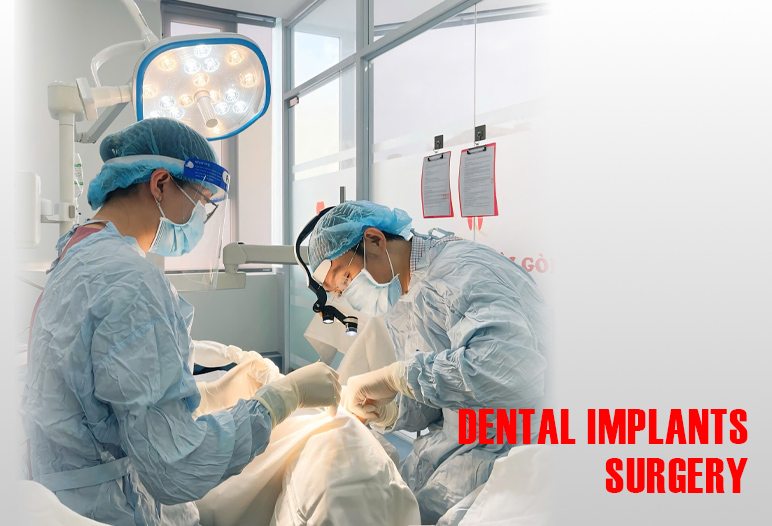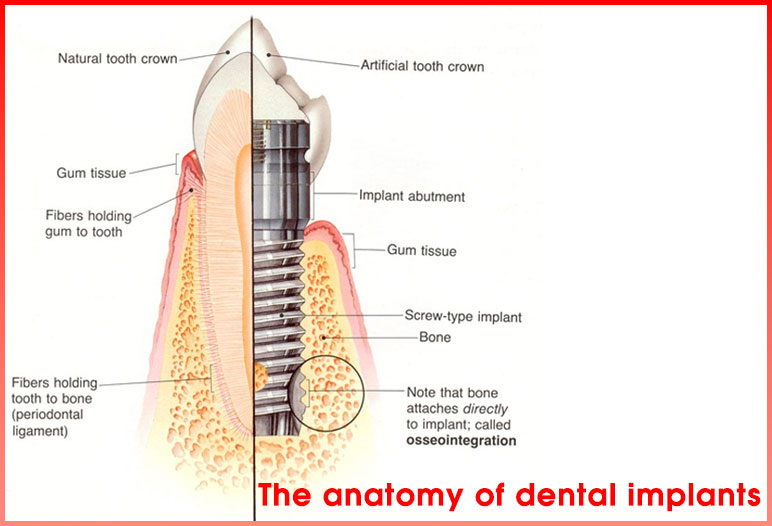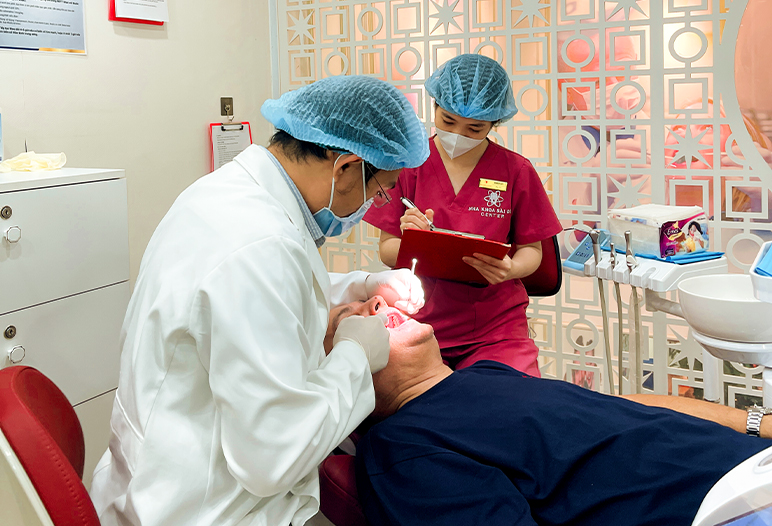When it comes to maintaining oral health, many individuals often find themselves wondering about the various dental professionals available to them. Among these are general dentists, orthodontists, and dental surgeons. The latter plays a crucial role in handling complex dental issues that go beyond the capabilities of regular dentists. In this article, we will explore the differences between these roles and delve deeply into what it means to be a dental surgeon. We will also provide insights on how to choose the right oral healthcare provider for your needs.
What is a dental surgeons?
In the realm of dentistry, a dental surgeon specializes in performing surgical procedures related to the teeth, gums, and jaw. This position requires extensive training and education beyond that of a general dentist. Once they complete dental school, which takes four years, dental surgeons undergo a specialized residency program in oral and maxillofacial surgery that can last anywhere from four to six additional years. This rigorous training prepares them to handle complex cases such as tooth extractions, corrective jaw surgeries, and even facial reconstructive procedures.
The scope of work for a dental surgeon extends beyond routine oral care, as they are equipped to perform intricate surgeries that may be necessary due to trauma, disease, or congenital defects. Their skills are not limited to just dental issues, but they also encompass broader aspects of facial and jaw anatomy, allowing them to address a range of conditions effectively.
This multifaceted role makes dental surgeons indispensable members of the dental community, and their expertise is critical for patients needing specialized surgical interventions.

Educational pathway: Becoming a dental surgeon
To embark on the journey to becoming a dental surgeon, one must first complete an undergraduate degree followed by four years of dental school to earn a Doctor of Dental Surgery (DDS) or Doctor of Medicine in Dentistry (DMD) degree. Afterward, aspiring dental surgeons enter into a rigorous residency program that focuses specifically on oral and maxillofacial surgery.
The Foundation: Undergraduate degree
The path begins with an undergraduate degree, typically in a science-related field, which lays the groundwork for further studies in dentistry. Courses in biology, chemistry, physics, and other sciences are essential for establishing a solid foundation in understanding human anatomy and physiological processes.
Dental school training
Following the completion of an undergraduate degree, students enter dental school where they spend four years mastering dental practices and gaining hands-on experience. The curriculum covers both theoretical knowledge and practical training in areas such as restorative dentistry, periodontics, and patient management. It is during this time that future dental surgeons develop the foundational skills necessary for their careers.
Specialized residency
Upon graduation from dental school, individuals who aspire to become dental surgeons must complete an additional residency program focusing on oral and maxillofacial surgery. This intensive program provides specialized training in surgical techniques, anesthesia, patient care, and understanding complex facial structures. This phase of education is crucial, as it equips dental surgeons with the skills necessary to perform complex surgical procedures safely and effectively.
Core responsibilities of a dental surgeons
As a dental surgeon, the responsibilities extend far beyond simple tooth extractions. These specialized dental professionals are trained to carry out a variety of intricate and demanding procedures.
Surgical extractions
One of the most common procedures performed by dental surgeons is the extraction of wisdom teeth. This process often involves the removal of impacted teeth, which can cause pain, infection, and overcrowding. Due to the complexity of the procedure, especially in cases where the teeth are not fully erupted, dental surgeons are ideally equipped to handle the surgical extraction with precision and care.
Dental implants
Another significant area of expertise for dental surgeons is the placement of dental implants. This procedure replaces missing teeth and helps restore functionality and aesthetics. The process involves surgically inserting titanium posts into the jawbone, providing a sturdy foundation for artificial teeth. This requires not only surgical skill but also a keen understanding of bone structure and healing processes.

Corrective jaw surgery
Dental surgeons often perform corrective jaw surgeries, which can address misalignments and improve overall oral function. Such surgeries can alleviate difficulties in chewing, speaking, or experiencing discomfort. By realigning the jaw, dental surgeons help patients achieve a more functional bite and enhance their quality of life.
Treatment of facial trauma
In addition to dental procedures, dental surgeons also treat cases involving facial trauma. Accidents can lead to fractures in the jaw or damage to soft tissues in the mouth. Dental surgeons are trained to assess and manage these injuries properly, working alongside emergency medical teams to ensure comprehensive care for patients.
Working in collaboration with other dental professionals
While dental surgeons hold specialized expertise, they often work closely with general dentists and orthodontists to offer patients comprehensive care. Each of these roles is essential in ensuring that patients receive optimal treatment.
Teaming up with general dentists
General dentists are often the first point of contact for patients seeking dental care. They conduct routine check-ups, identify potential issues, and refer patients to dental surgeons when necessary. This collaboration ensures a seamless transition of care, as general dentists understand the complexities of their patients’ dental needs and can guide them appropriately.
Referral process
The referral process to a dental surgeon usually occurs when a general dentist identifies a need for specialized intervention. For instance, if a dentist notices complications involving wisdom teeth or requires advanced treatments like dental implants, they will refer the patient to a dental surgeon. This partnership guarantees that patients receive the best possible care tailored to their specific situations.
Collaborating with orthodontists
Orthodontists focus primarily on diagnosing and correcting misaligned teeth and jaws. While their work is complementary to that of dental surgeons, there are instances where collaboration becomes essential, particularly in cases where surgical intervention is necessary for alignment.
Pre-surgical consultation
Before undergoing surgical procedures, dental surgeons may consult with orthodontists to evaluate the patient’s overall dental structure. This collaborative effort helps ensure that the surgical approach aligns with the long-term orthodontic treatment plans. Together, they formulate comprehensive strategies to achieve optimal results for the patient.
Post-surgical treatment
Following surgical procedures, dental surgeons often continue to work alongside orthodontists to monitor recovery and facilitate further treatment. This ensures that the patient’s alignment goals are met, especially in cases involving orthognathic surgery, where jaw positioning is adjusted to improve function and aesthetics.
Patient experience: What to expect from a dental surgeons
Visiting a dental surgeon can be an intimidating experience for many patients. However, understanding what to expect during consultations and procedures can significantly ease anxiety.
Initial consultation
The first visit with a dental surgeon typically involves a thorough examination, including X-rays and assessments of the patient’s dental history. During this consultation, the surgeon will discuss the patient’s concerns, provide guidance on potential treatment options, and outline the steps involved in any recommended procedures.

Open communication
Open communication is vital during the initial consultation. Patients should feel comfortable expressing their concerns, asking questions, and discussing any fears they might have regarding procedures. A skilled dental surgeon will take the time to explain the treatment process clearly, helping to build trust and confidence.
Preparing for surgery
If surgical intervention is necessary, the dental surgeon will provide detailed instructions on how to prepare for the procedure. This may include dietary restrictions, medication guidelines, and pre-operative assessments to ensure that patients are adequately prepared for surgery.
Anesthesia options
Patients can expect discussions regarding anesthesia options prior to surgery. Dental surgeons commonly use local anesthesia, sedation, or general anesthesia based on the complexity of the procedure and the comfort level of the patient. Understanding the type of anesthesia being used can help alleviate any apprehension related to the surgical process.
Recovery and follow-up
Post-surgery, patients will receive instructions on how to care for their mouths and manage any discomfort. This may involve prescribed medications, dietary recommendations, and activity restrictions to aid in the healing process. Follow-up appointments are also essential to monitor recovery and ensure that everything is progressing as planned.
Conclusion
Navigating the world of oral health can be challenging with various dental professionals available to assist. The role of dental surgeons is unique and vital in managing complex cases that require specialized surgical interventions. By understanding their educational pathways, core responsibilities, and collaborative efforts with other dental providers, patients can make informed decisions regarding their oral health care.
Choosing the right dental professional is crucial for ensuring optimal outcomes and maintaining overall well-being. Whether you find yourself in need of routine dental care, orthodontic treatment, or complex surgical interventions, knowing whom to turn to is key to achieving a healthy smile. Always remember that regular dental check-ups and open communication with your dental care team can pave the way for successful oral health management.



SAIGON CENTER DENTAL CLINIC
Best dentist in Vietnam
Saigon Center Dental Clinic is proud to be one of the most prestigious dental clinics in Ho Chi Minh City with a variety of services: Single dental implant, Full jaw dental implant (especially All On 4, All on 6, and Zygoma Implant), Cosmetic porcelain crowns, Porcelain veneers, Braces, Clear braces, Tooth fillings, Wisdom tooth extraction, Treatment of toothache...
SAIGON DENTAL IMPLANTS CENTER
Best dentist in Vietnam
Saigon Implant Center - Dental Clinic utilizes the latest technology for specialized treatment in the field of Single implant, full jaw implants, All on 4 implants, All on 6 implants, Zygoma implant....